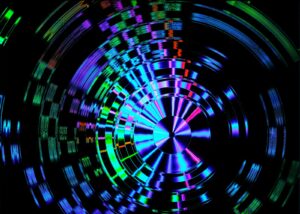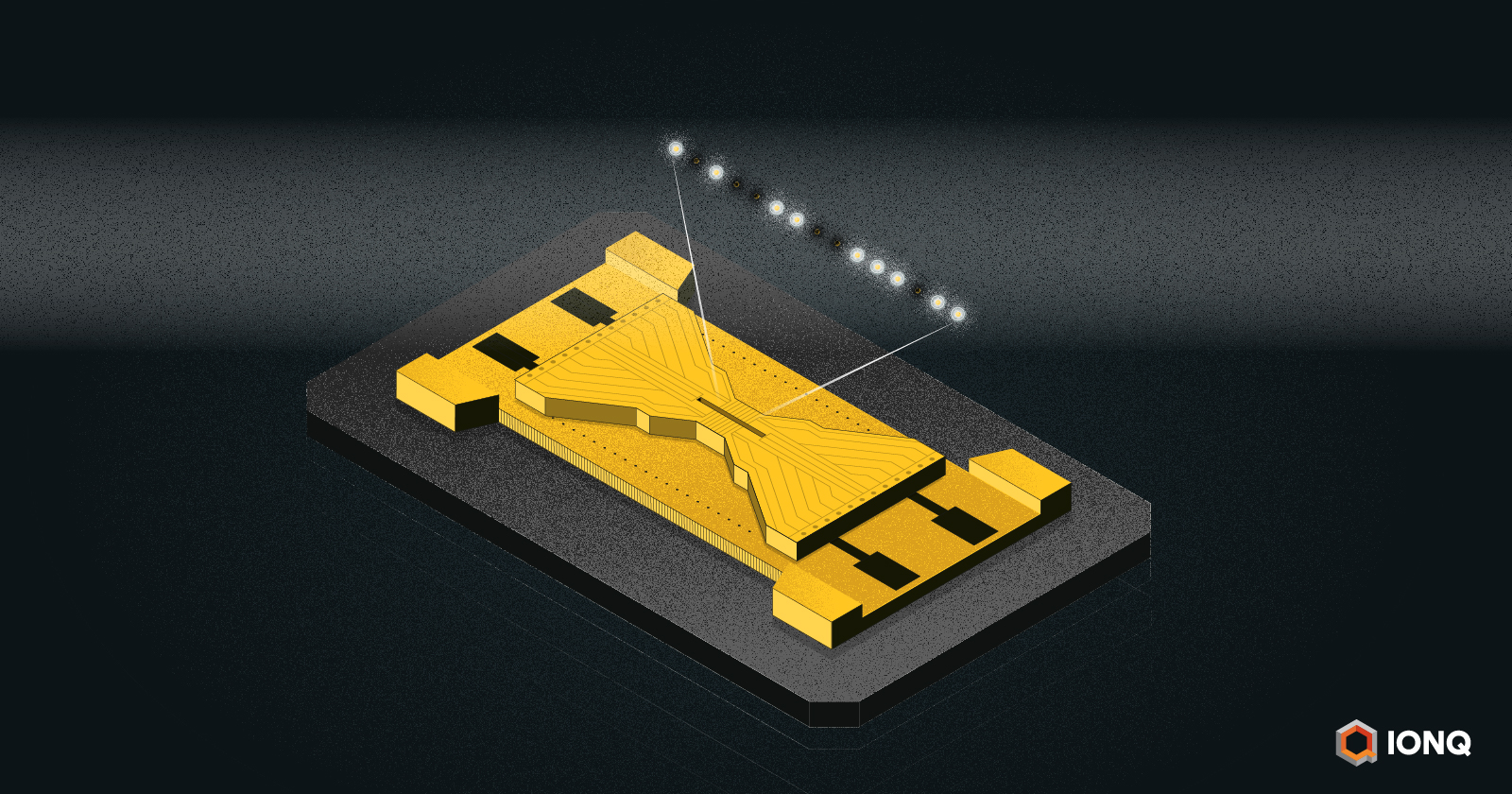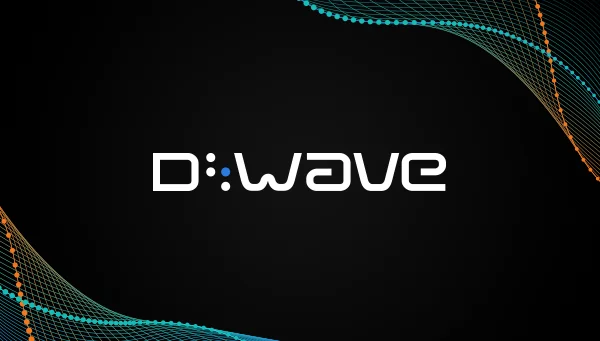
No, not the canned meat delicacy, or the irritating smartphone calls from vague insurance providers. In quantum, SPAM means state preparation and measurement (SPAM) errors and it’s a leading metric that quantum computer providers are using to measure the accuracy and reliability of their devices.
Trapped-ion companies IonQ and Quantinuum both recently announced updates on their SPAM performance.
IonQ released a statement detailing results from its barium-based quantum computer. It said the results reflect a 13x reduction in SPAM.
According to the statement: “On a per-qubit basis, IonQ has reduced these errors from 50 errors per 10,000 computations down to only 4 per 10,000 computations. In other words, IonQ’s barium qubits have brought the company from a 99.5% state detection fidelity up to an industry-leading 99.96%.”

Quantinuum upped the ante, reporting 99.9904% SPAM fidelity with qubits formed form its barium-137 approach.
The Quantinuum statement reports: “The team led by Alex An, Tony Ransford, Andrew Schaffer, Lucas Sletten, John Gaebler, James Hostetter, and Grahame Vittorini achieved a state preparation and measurement, or SPAM, fidelity of 99.9904 percent — the highest of any quantum technology to date — using qubits formed from non-radioactive barium-137.”

The Need for SPAM
Today’s quantum computers are potentially powerful, but incredibly vulnerable to a range of errors, according to the IonQ team.
They point out three important types of errors: imperfect state preparation at the beginning of an algorithm; imperfect quantum logic gates while running said algorithm; or imperfect measurement in reading out results.
“For quantum computers to scale while maintaining accuracy, all three sources of error must be mitigated,” the scientists write.
Quantum is Advancing Fast
Both companies acknowledge both the speed of development and the promise of barium-based qubits in their statements.
“We have already proven that trapped ions yield more algorithmic qubits than any other quantum computer architecture,” said Professor Jungsang Kim, co-founder and Chief Technology Officer of IonQ. “Today’s announcement demonstrates that our new barium qubits are already paving the way for increased fidelity, adding state detection error reduction as another area where IonQ is clearly leading the field.”
Tony Uttley, Quantinuum president and chief operating officer, said that news like this can advance the entire industry.
“This is a major step forward for the Quantinuum team and our high-performing trapped-ion quantum hardware,” said Uttley. “The advancement of the quantum computing industry as a whole is going to come from lots of individual technological achievements like this one, paving the way for future fault-tolerant systems.”
Uttley added, “We believe using non-radioactive barium-137 ions as qubits is an attractive path to increasingly robust, scalable, quantum hardware.”
Why Barium?
The Quantinuum scientists explain that ions in trapped-ion quantum computers have traditionally relied on neutral ytterbium atoms. Ytterbium ions are charged by lasers to transform them into qubits. However, this approach both requires expensive ultraviolet lasers to manipulate ytterbium ions and the results can be difficult to measure.
Barium ions are easier to measure and can be manipulated with less expensive and more stable lasers in the green range, the team points out.

Next Steps
In a Churchillian moment, the companies say the advances represent an end to the beginning for barium approaches.
For Quantinuum, being able to initialize non-radioactive barium-137 ions is just the first step. They now want to incorporate these ions into future Quantinuum hardware technologies.
IonQ said it is securing the supply chain for future barium systems through a recently announced public-private partnership with Pacific Northwest National Lab (PNNL).
“The IonQ team anticipates that the transition to barium will only further that lead in future systems,” the team writes.
Quantinuum added its results to pre-print server ArXiv.
If you found this article to be informative, you can explore more current quantum news here, exclusives, interviews, and podcasts.














